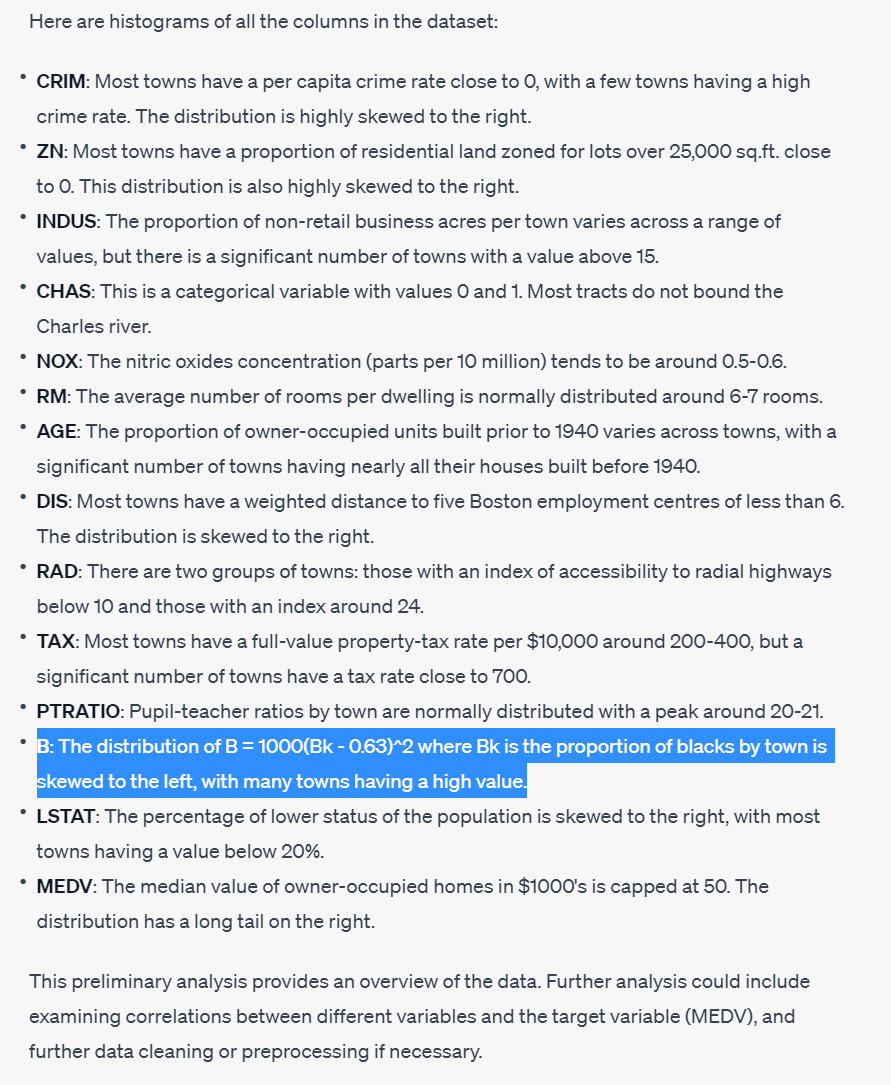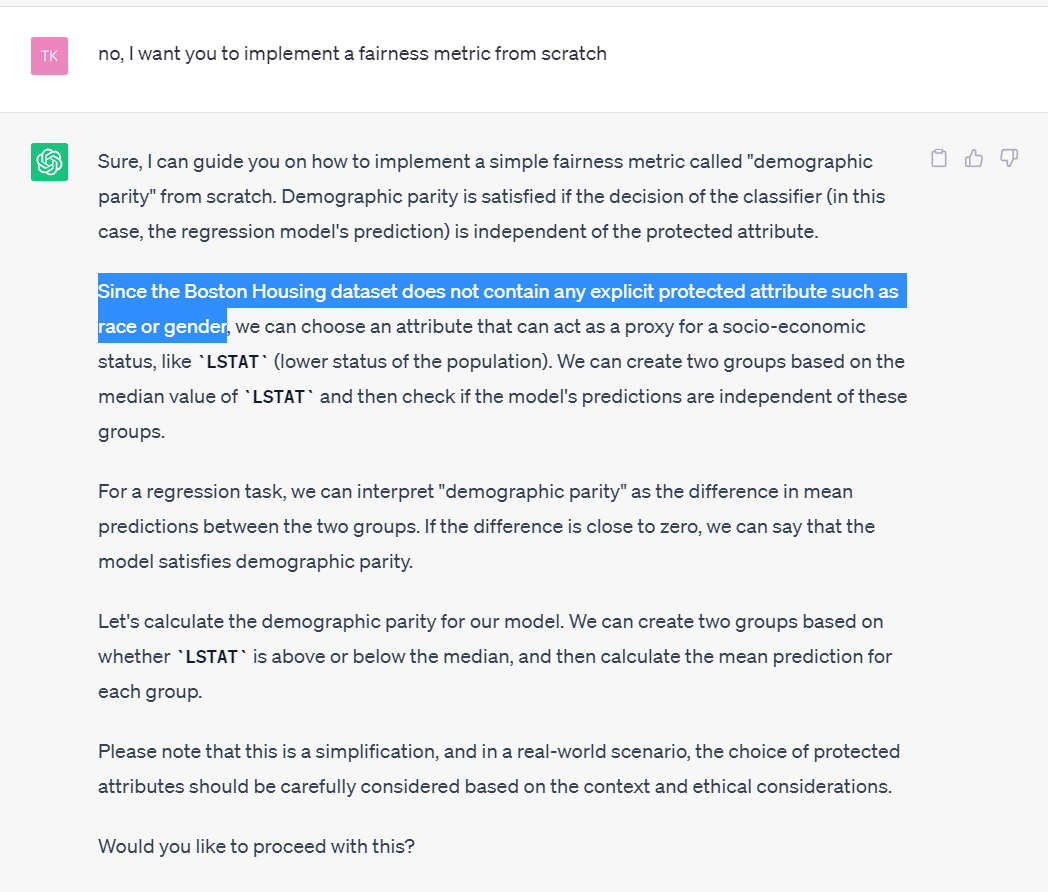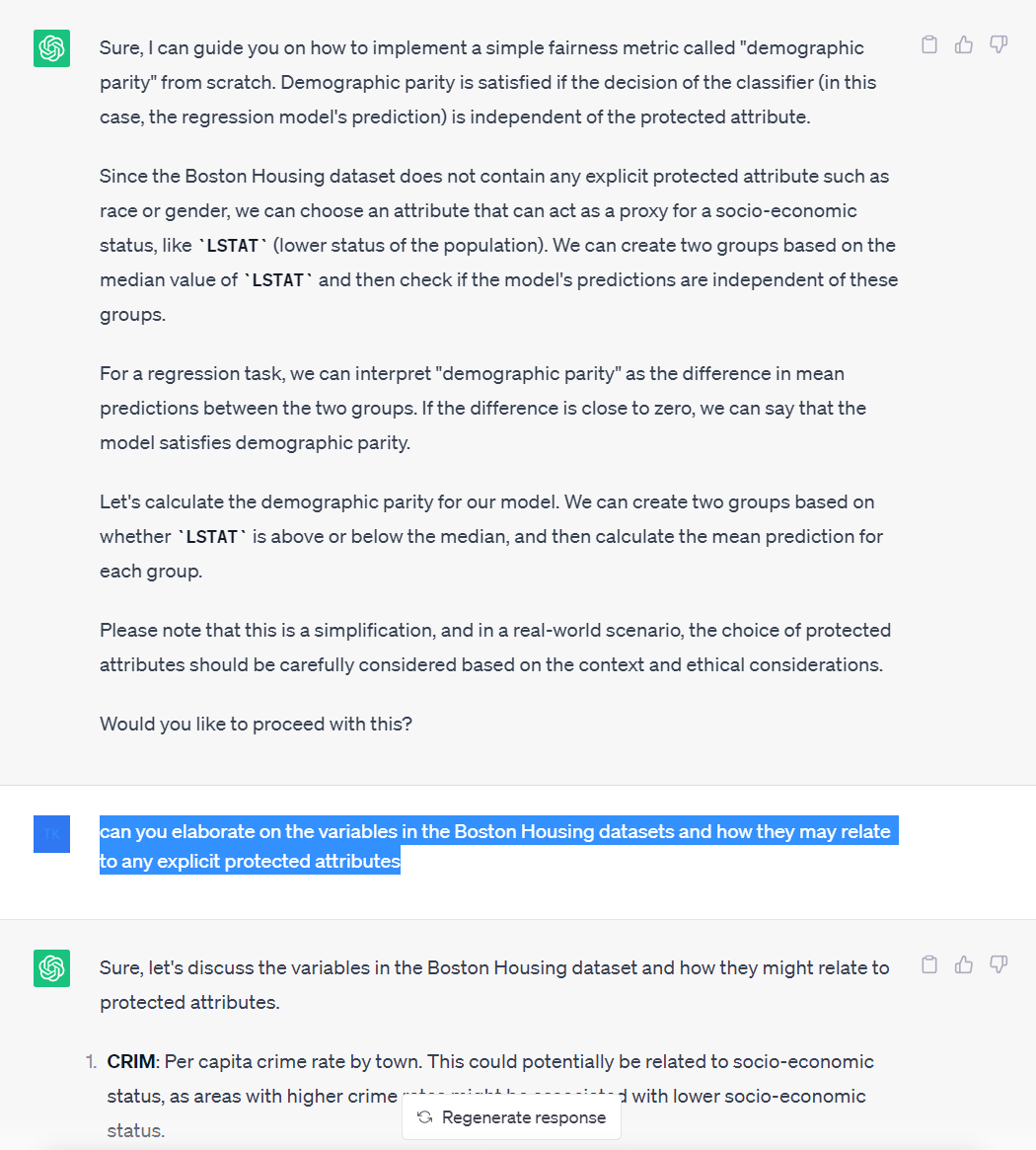
Mostly offline
Data science, bibliometrics+scientometrics, dataviz, AI, music, physics, impact of AI+data on academia • All views are of my own
3 subscribers
How to get URL link on X (Twitter) App


 First, the owner. Elsevier has been long known for questionable practices, prioritizing profit seeking over the health of sci-comm ecosystem. For example, recently a whole board of a journal Neuroimage resigned in the protest against Elsevier's greed
First, the owner. Elsevier has been long known for questionable practices, prioritizing profit seeking over the health of sci-comm ecosystem. For example, recently a whole board of a journal Neuroimage resigned in the protest against Elsevier's greed https://twitter.com/Andrew_Akbashev/status/1649149289631739905


 Instead, it uncritically goes on and on to suggest more complex models or more elaborate data wrangling techniques, whereas the most glaring problem is right there in the very first answer. Only when forced to do so explicitly, it "remembers" about what the data actually encodes.
Instead, it uncritically goes on and on to suggest more complex models or more elaborate data wrangling techniques, whereas the most glaring problem is right there in the very first answer. Only when forced to do so explicitly, it "remembers" about what the data actually encodes. 




